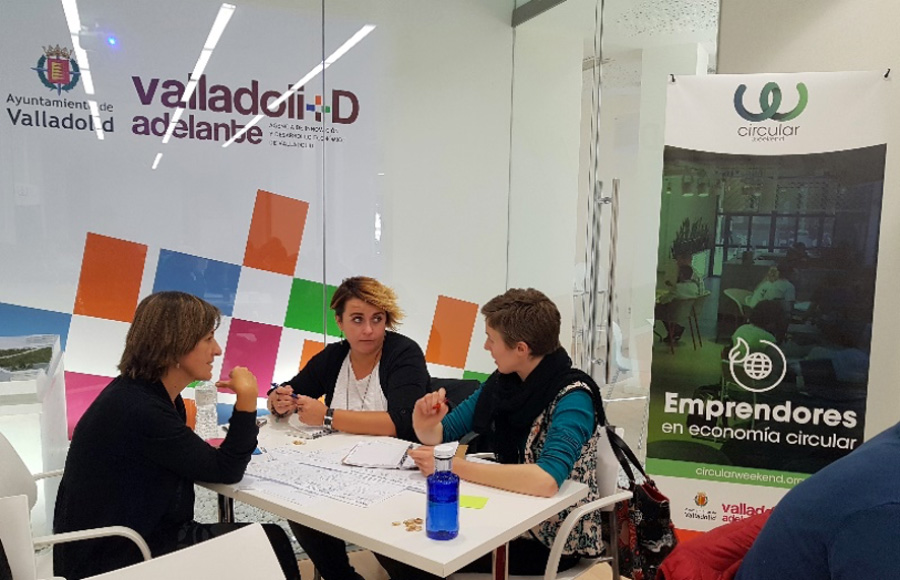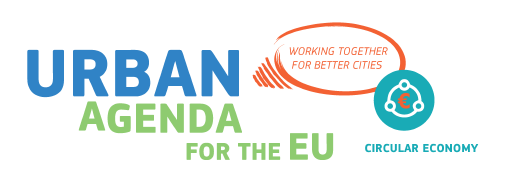Project screening and selection
For the creation of a successful funding programme, effective and customised project screening and selection is required. A programme is only as strong as its projects, which is why the identification and selection of projects is of key importance. This process can be streamlined and optimised by focussing on certain key features. First, by creating a two-step programme, it is possible to support promising projects in all stages of development. Second, a funding programme is successful for a city if the indicators used in the selection process align with the circular, social, economic, and environmental goals of the city. Third, seeking support from in-house specialists or external experts ensures that the most promising and relevant projects are selected.
Facilitating support to promising circular projects
To make sure promising high quality projects are selected, it must be considered that projects at varying stages of development require different levels and types of support. Some projects are mature and require funding for up-scaling or entry-to-market facilitation. Other projects are still early in their development and need funding for technical demonstration or business plan development. The fact that these projects are not mature yet, does not mean that they do not have potential. By integrating a two-step design into a funding programme, it is possible to help projects of varying stages of development in a more tailored way. This two-step design comprises a relatively small and easily accessible instrument for the first step, and a more elaborate and flexible instrument for the second step. Brussels and London have implemented two-step programmes, which you can learn more about here.
Circular selection criteria
By aligning the selection indicators and criteria with a city’s circular, social, economic, and environmental objectives, you can ensure the selected projects contribute to the city’s goals and ambitions. Besides this, it is important to establish efficient screening and selection, matching the scope and ambition of your programme’s design. Along with project selection criteria, defining appropriate circular indicators is key to ensure that impact is achieved through the selected projects, and to ensure that truly circular projects are selected. Although there is no standardised set of circular indicators, programme owners can draw inspiration from a number of funding programme managers who have developed clear circular indicators.
In-house specialists or external experts
When evaluating project proposals, the expertise and support of in-house specialists and external experts may be required. In-house specialists are usually more readily available and cost-effective, and therefore suitable for smaller funding programmes. External experts can provide knowledge required on specific topics, and support the set-up of programmes and assessment of projects. Since the circular economy is such a diverse topic, it is often necessary and useful to integrate specialised expertise in the programmes. Circular Flanders is an example of how external experts are supporting the evaluation of projects.






